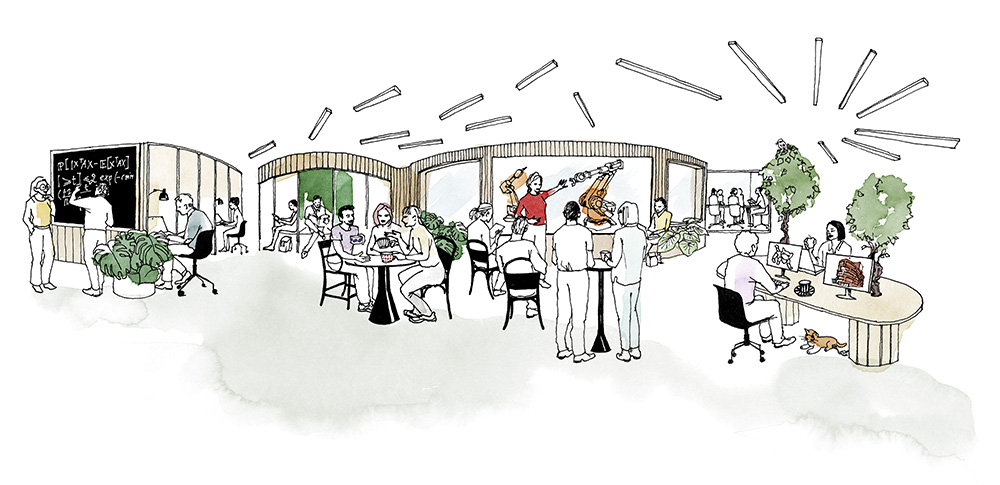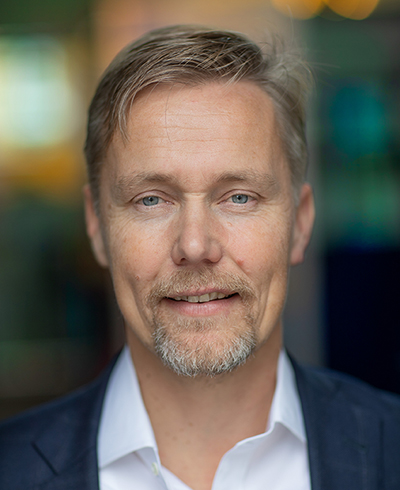Digital Futures inauguration will be both digital and physical

A new national strategic research area within digitalization has been planned for a couple of years. At the end of 2019, the decision was made that KTH will host the initiative, Digital Futures. The inauguration was scheduled for early June, but has been postponed to October and repurposed as a digi-physical event.

“The corona crisis is putting digitalization to the test,” says Digital Futures Director Karl Henrik Johansson, KTH professor at the School of Electrical Engineering and Computer Science. “It provides us great opportunity to show how important this field is, how far ahead we are and what ambitions we have for the years to come.”
Three themes, three research tracks
The set-up and organisation of the research programme is progressing in spite of the pandemic, thanks to broad engagement from faculty and researchers. Several research topics have taken on greater importance and attracted higher public interest. One of the societal contexts of the research matrix for Digital Futures is Rich and Healthy Life. The digitalization of the healthcare system is central, but it also raises questions about the way we live our digital lives and relate to technology, and what we can expect in the future.
One example is designing technology that is easier for senior persons to use, which is the research area of Professor Britt Östlund, ABE School.
Two other themes are Smart Society and Digitalized Industry. These intersect with the three research tracks, Trust, Learn and Cooperate, based on strong and long-term basic research on the future technologies for digitalization. Another important part of Digital Futures is research in engineering education, which focuses on digitalization of education and how this can be tied to research and entrepreneurship.
An international research programme of highest scientific excellence
Digital Futures takes its inspiration from similar clusters around the world , includingInstitute for Data, Systems, and Society at Schwarzman College of Computing at MIT, CITRIS at UC Berkeley, and Einstein Center Digital Future in Berlin. The ambition for Digital Futures is to be regarded one of these leading centres in digitalization within a few years´ time.
“It is a very strong motivation for us and we will recruit many new young talents, both researchers and teachers. We are creating an environment for scientific excellence focusing on large-scale societal impact. We hope that it will also contribute to attracting the best students to KTH, and that we will rank even higher in international ranking lists,” Johansson says.
At the moment, approximately 10 projects have started within the programme. Later, when activities are at full scale, hundreds of projects are expected to be in operation.
“We will have a research programme of a magnitude that we have never had before at KTH,” Johansson says.
The inauguration will take place at several locations
Digital Futures offers a meeting place (at “KTH-huset”) where interesting discussions can take place and people with different perspectives will exchange ideas and experiences, according to Johansson.
“KTH faculty and coworkers will be invited to visit the Digital Futures centre in smaller groups when restrictions for the fall are presented. “Due to the uncertainty we live with today, we are planning for an exciting inauguration event – both online and physical – with activities in several places. This is maybe how we will live in society from now on, he says.
Håkan Soold

